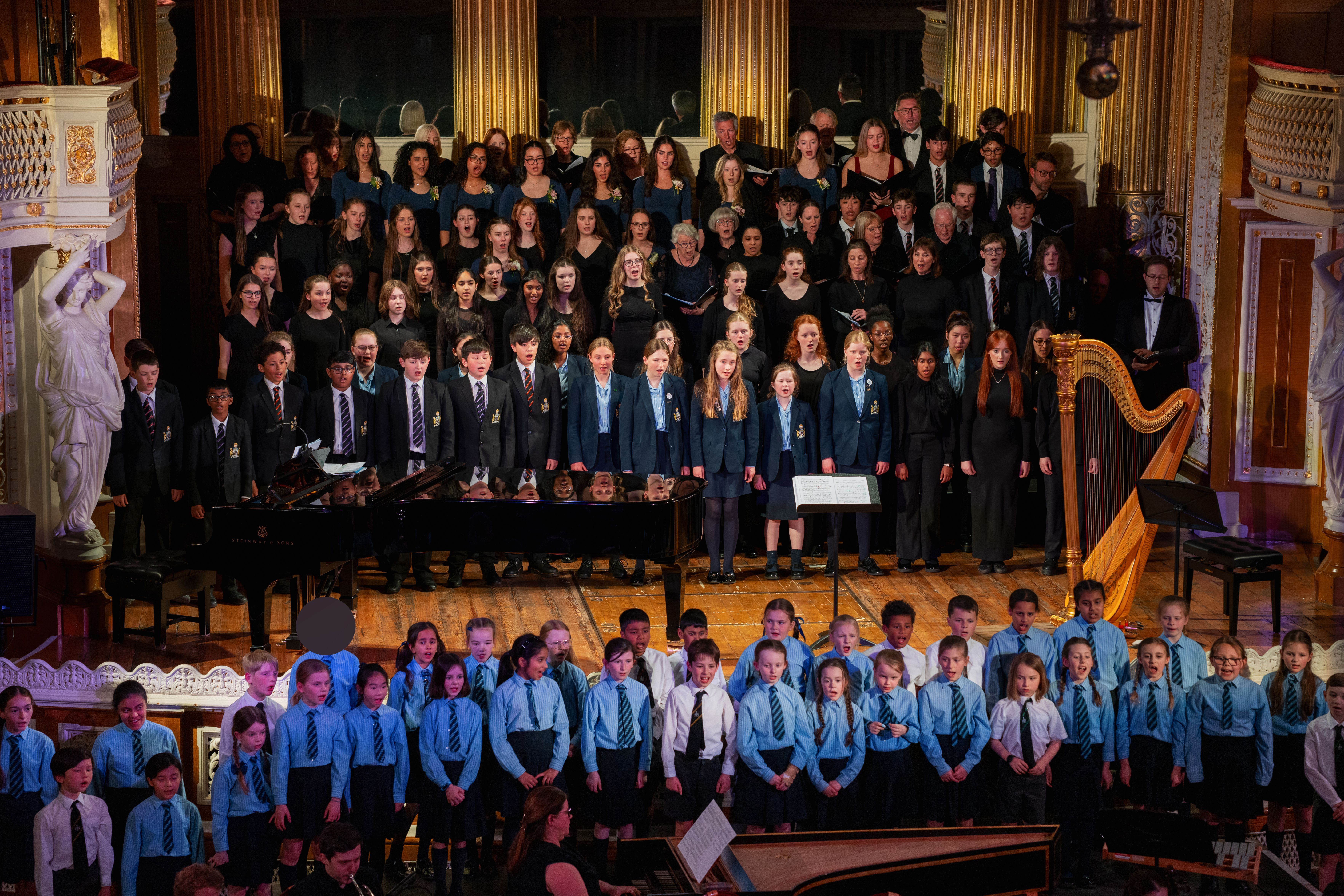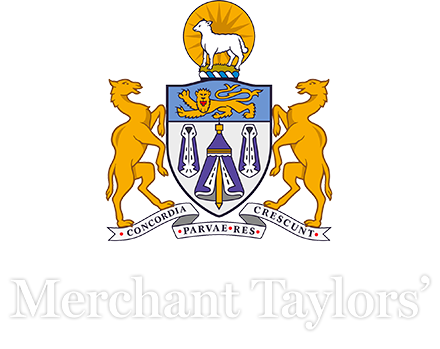MTBS History Teacher Discusses the Partition of India on BBC Radio Asian Network
This year, the BBC has been marking 70 years since the Partition of British India, through a series of documentaries, debates and interviews, intended to evaluate the impact of this incredible event in British, Indian, and Pakistani history. On the 18th August 2017, Mr D. O’Malley, a history teacher of Merchant Taylors’ Boys’ School, was pleased to be invited to participate in an exciting debate discussing the teaching of Partition, together with fellow teachers Hasnain Naqvi from India, and Fatima Sajjad from Pakistan. To listen to the full BBC Radio Asian Network debate please click here.
Below is Mr O’Malley’s account of the experience:
“As a teacher at Merchant Taylors’ Boys’ School (MTBS), it was exciting to discuss how Partition, and other historical events, are taught in different countries, and how the curriculum here in the UK is shifting to take account of our shared imperial history. During the course of the debate, we discussed the various focuses of teaching history today, whether such a powerful topic as Partition still holds any relevance to pupils, and how we can best approach such contentious topics. All in all, it was an incredible opportunity to discuss the experiences of colleagues from India and Pakistan, and inspirational to hear how they approach such an event with their pupils. It was also interesting to hear the strong views of members of the public, who rang in to contribute to the debate. Listening to the recording of the debate below, and the rather spirited discussion which took place, I’m sure you will agree too!
 Perhaps at this point, it’s important for us to take a step back, and reflect on what Partition was, and what it involved. In very simple terms, Partition came about in 1947, as Britain saw its empire fracture after the events of the Second World War. Controlling large parts of India for over 200 years, through a mixture of conquest, the manipulation of Princely States, and direct rule, Britain faced an overwhelming demand for its withdrawal from India. Figures such as Gandhi, Nehru and Jinnah, were leading the way in this drive for independence, and the British Government was reluctantly forced to accept that Britain could no longer hold on to control.
Perhaps at this point, it’s important for us to take a step back, and reflect on what Partition was, and what it involved. In very simple terms, Partition came about in 1947, as Britain saw its empire fracture after the events of the Second World War. Controlling large parts of India for over 200 years, through a mixture of conquest, the manipulation of Princely States, and direct rule, Britain faced an overwhelming demand for its withdrawal from India. Figures such as Gandhi, Nehru and Jinnah, were leading the way in this drive for independence, and the British Government was reluctantly forced to accept that Britain could no longer hold on to control.
The decision that India would be divided when Britain withdrew (into the independent states of Pakistan and India), was founded in the idea of majority rule by specific groups. Pakistan would be established with a Muslim majority, and India would gain independence with a predominantly Hindu majority. However, the fact that most communities across India contained a vibrant mix of different ethnic and religious groups, was not recognised in the final borders drawn up by Cyril Radcliffe. This meant that, when the transfer of power was eventually announced, over 10 million people suddenly found themselves on the “wrong” side of the new borders. As a result, many people were forced, or felt compelled, to migrate across the sub-continent. During this migration, which was the largest in human history, over 1 million people were tragically killed in riots and violence, perpetrated by both sides. The impact of Partition is still felt today, by individuals, families, and nations alike.
At this point, some may argue that such a challenging and contentious issue as Partition is simply too overwhelming, both in scope and content, for young men to consider. While such an approach may be chosen by some, in our debate, we all found that such an approach may neglect many incredible opportunities for us to learn from history, and the experiences of our parents and ancestors. As we have seen on the BBC this year, many historians and celebrities are finding that a wealth of first-hand accounts of Partition are emerging from within their own families. Many pupils at MTBS will have had parents, grandparents, or great-grandparents who were caught up, or even killed in the chaos of partition. Some survived, only to find that their families, homes, or even their whole community, had been destroyed, leaving them to seek a life far away from where they were born. We all agreed that one of the best ways we can develop a love of history in our students, is to encourage them to discuss such topics with relatives, to ask them about their experiences, and see what they think about key topics. We want them to realise that History is a living subject, made up of people “just like us”. Living as we do today, in a multicultural, vibrant, and diverse country, it is therefore incumbent on us all to learn lessons from the past, while teaching pupils the importance of inclusion and mutual respect. By doing so, we can also develop a real love of historical study, and also develop the great analytical and debating skills, which leave those with history qualifications in such consistently high-demand from employers.
 We continue to explore challenging issues when teaching History at MTBS, as indeed we do in many other subjects across the school. Over the past few years, the History Department has worked incredibly hard on devising our Year 7-9 textbooks, which reflect an incredible range of historical periods, and which reflect our shared passion for the topic. Furthermore, in GTX this term, pupils in Years 7, 8 and 9 are currently analysing the film “Viceroy’s House”, directed by the renowned filmmaker Gurinder Chadha. Released this year, the film explores the events leading up to Partition, through an engaging and thought-provoking portrayal of the actions of Louis Mountbatten, the last Viceroy of India. This film depicts many of the tragic events of this period, including the deaths of thousands forced from their homes, or killed in the violence. It has already been fascinating to see pupils from all backgrounds use this film to discuss their views on Partition, what they might have done differently, and how Partition still affects the world in which we live today.
We continue to explore challenging issues when teaching History at MTBS, as indeed we do in many other subjects across the school. Over the past few years, the History Department has worked incredibly hard on devising our Year 7-9 textbooks, which reflect an incredible range of historical periods, and which reflect our shared passion for the topic. Furthermore, in GTX this term, pupils in Years 7, 8 and 9 are currently analysing the film “Viceroy’s House”, directed by the renowned filmmaker Gurinder Chadha. Released this year, the film explores the events leading up to Partition, through an engaging and thought-provoking portrayal of the actions of Louis Mountbatten, the last Viceroy of India. This film depicts many of the tragic events of this period, including the deaths of thousands forced from their homes, or killed in the violence. It has already been fascinating to see pupils from all backgrounds use this film to discuss their views on Partition, what they might have done differently, and how Partition still affects the world in which we live today.
As I mentioned during this fascinating debate back in August, historians of any age or background have a duty to approach such issues with objectivity, and maturity. At MTBS, we firmly believe in the importance of debating, analysing, and facing up to a range of dramatic events like those of Partition, so that we can prepare pupils for the challenges of an increasingly globalised world. It was a delight to discuss this fascinating topic with my colleagues from India and Pakistan. I look forward to continuing similarly spirited discussions with pupils, and colleagues, in the weeks and months to come!”

Mountbatten 4 August 1947
Latest News

- A Legacy in Song: Merchant Taylors’ Hosts Spectacular Gala
- Welcome Mr Philip Dearden: New Head of Merchant Taylors’ Schools
- Merchant Taylors’ RAF Cadets Achieve Second Place in National Finals
- Merchant Taylors’ Celebrates Cadet Achievements at Inspection Day
- Year 6 Pupils Shine in Romeo and Juliet Performance
Upcoming Events
- Easter Holiday Club 2025 on April 22, 2025 8:00 am
- Marvellous Merchants’ Superheroes on May 21, 2025 4:00 pm
Privacy Overview
| Cookie | Duration | Description |
|---|---|---|
| cookielawinfo-checkbox-analytics | 11 months | This cookie is set by GDPR Cookie Consent plugin. The cookie is used to store the user consent for the cookies in the category "Analytics". |
| cookielawinfo-checkbox-functional | 11 months | The cookie is set by GDPR cookie consent to record the user consent for the cookies in the category "Functional". |
| cookielawinfo-checkbox-necessary | 11 months | This cookie is set by GDPR Cookie Consent plugin. The cookies is used to store the user consent for the cookies in the category "Necessary". |
| cookielawinfo-checkbox-others | 11 months | This cookie is set by GDPR Cookie Consent plugin. The cookie is used to store the user consent for the cookies in the category "Other. |
| cookielawinfo-checkbox-performance | 11 months | This cookie is set by GDPR Cookie Consent plugin. The cookie is used to store the user consent for the cookies in the category "Performance". |
| viewed_cookie_policy | 11 months | The cookie is set by the GDPR Cookie Consent plugin and is used to store whether or not user has consented to the use of cookies. It does not store any personal data. |

